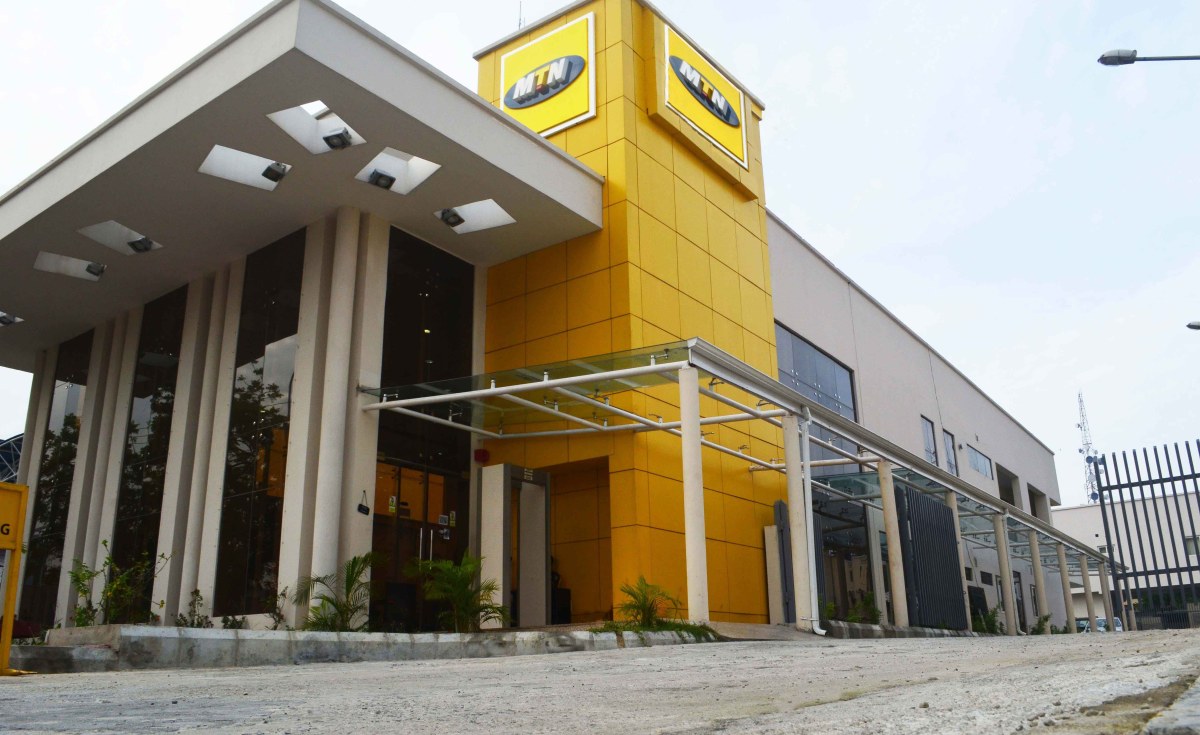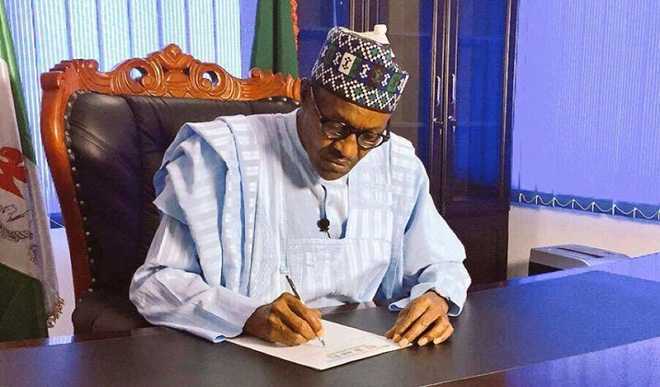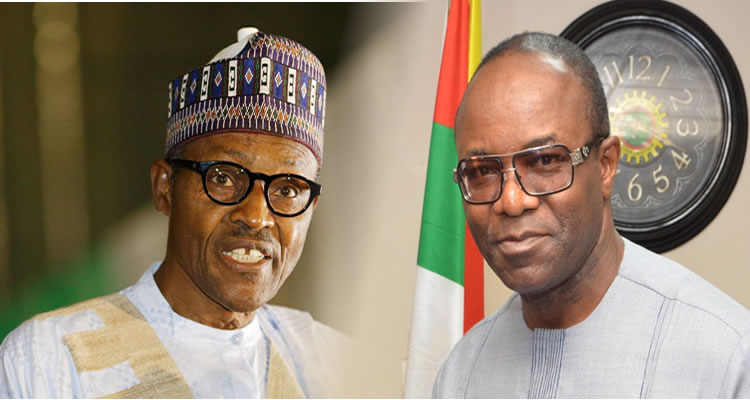As part of measures to fast track effective recovery of stolen public funds, the Federal Government at its Executive Council meeting on Wednesday approved the Ministry of Finance Whistleblowing Programme that hopes to reward individuals, who voluntarily offers credible information on stolen or concealed funds, with about 2.5 per cent and five per cent of the funds when recovered.
The Minister of Information and Culture, Alhaji Lai Mohammed; Minister of Finance, Mrs. Kemi Adeosun; and the Minister of Power, Works and Housing, Mr. Babatunde Fashola, briefed State House correspondents at the end of the meeting presided over by President Muhammadu Buhari.
Adeosun said the programme was designed to encourage anyone with information about a violation, misconduct or improper activity that impacted negatively on Nigerians and government, to report such.
In her words: “If there is a voluntary return of stolen or concealed public funds or assets on the account of the information provided, the whistleblower may be entitled to anywhere between 2.5 per cent (minimum) and 5.0 per cent (maximum) of the total amount recovered.
“You must have provided the government with information it does not already have and could not otherwise obtain from any other publicly available source to the government.”
The minister said the programme would serve as a stop-gap till a bill on the same matter, presently before the National Assembly, was passed into law.
Adeosun explained that there would be a secure online portal where the information could be submitted.
After submitting such information, she said the whistleblower could also check the status of his report on the portal.
According to Adeosun, examples of information that could be submitted are mismanagement or misappropriation of public funds and assets, including properties and vehicles; financial malpractice or fraud; collecting/soliciting bribes; and corruption.
Others infraction, the minister noted, included diversion of revenues; fraudulent and unapproved payments; splitting of contracts; and procurement fraud that included kickbacks and over-invoicing among others.
The minister however stated in clear terms that the whistle blowing programme will not entertain personal matters, concerning private contracts or agreements.
She explained that the information could be submitted through the online portal by e-mail or by phone.
Adeosun added that the information, which could be submitted on condition of anonymity, could be submitted through documentary evidence and provision of specific and fact-based information such as what occurred, amount involved, who was involved and dates of occurrence on the portal.
“Confidentiality will be maintained to the fullest extent within the limitations of the law. If you choose not to disclose your identity, there will be no record of who you are. If you choose to disclose your identity, it will be fully protected.
“If you ‘whistleblow’ in public spirit and in good faith, you will be protected. If you feel that you have been treated badly because of your report, you can file a formal complaint.
“If you have suffered harassment, intimidation or victimisation for sharing your concerns, restitution will be made for any loss suffered,”Adeosun said.
Adeosun added that the information provided would be reviewed and analysed to determine whether or not to open an investigation into the matter.
In matters that are criminal in nature, she said such cases would be referred to relevant agencies such as the police, the Independent Corrupt Practices and other related Offences Commission or the Economic and Financial Crimes Commission.
The minister explained that apart from possible prosecution, those found guilty would be blacklisted from working with or doing business with the government.
Adeosun, however, warned that false information could attract prosecution.
“A first-level review will always be carried out to determine credibility and sufficiency of information received.
“If you report false or misleading information, it will be referred to the enforcement agents for investigation and possible prosecution,” the minister warned.



